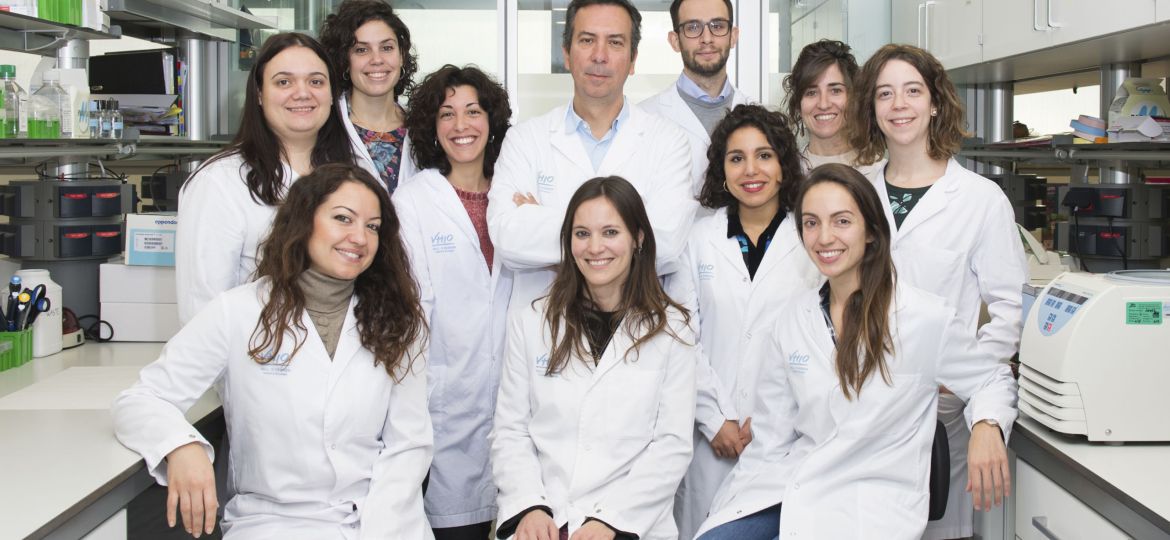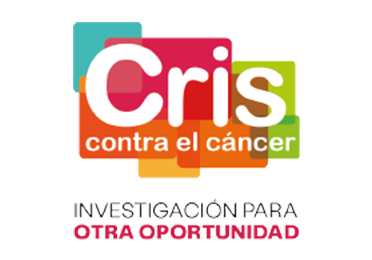
Barcelona, April 8, 2020.- A Vall d’Hebron Institute of Oncology (VHIO) project to help fight the COVID-19 virus is to receive Catalan government funding. It is one of 19 research and innovation projects intended to combat the coronavirus which will share 4 million euros from the Government of Catalonia’s Department of Health, through the Directorate General of Research and Innovation in Health (DGRIS). This is part of a general effort among the scientific community to develop new treatments to fight the disease and measures and drugs to stop it spreading.

The selected project is led by Dr. Joan Seoane, co-director of the VHIO’s Preclinical and Translational Research Program and ICREA lecturer, who will investigate whether the SARS-CoV-2 is one of the viruses that uses the LIF protein to prevent sufferers’ immune systems from recognizing them. “Our project is based on using all the knowledge we have developed over the last few years in researching cancer to try to discover another treatment to fight COVID-19,” said Dr. Seoane.
LIF is a cytokine developed through evolution over millions of years to solve a big problem all mammals have: the fact that one living creature has to be carried inside another – in other words, the embryo has to form part of the mother’s uterus. The embryo has antigens from the father, so why does the mother’s immune system not reject it? LIF’s role is crucial this context as it inhibits the mother’s immune system to ensure it does not attack the embryo when it implants itself.
For more than ten years, Dr. Seoane’s team has been researching the relationship between LIF and tumors. This work has found that some tumors express high levels of LIF and that, in these cases, the protein protects the tumor from the patient’s immune system in the same way as it protects the embryo from the mother’s immune system. So, by blocking LIF, it is possible to reactivate the immune system and eliminate the tumor. For this purpose, a drug that blocks LIF, called MSC1, has already been developed and is now in clinical trials for cancer.
“We know some viruses also use this system and, in some way, generate a response that inhibits our immune system. Our project focuses on identifying whether SARS-CoV-2 is one of these viruses,” added Dr. Seoane. If this is the case, LIF can be blocked with a drug so the patient’s immune system can detect and attack the virus to eliminate the infection. “If it is confirmed that SARS-CoV-2 uses LIF, we want to test whether MSC1, our antibody that attacks LIF in tumors, is also effective against COVID-19,” concluded Dr. Seoane.
As well as this VHIO project, two other projects from the Vall d’Hebron Institute of Research (VHIR), were also selected. One of them, led by the researchers María J. Buzón and Meritxell Genescà, will evaluate the drugs with potential to block the main routes of entry of SARS-CoV-2 using a human lung explant model. The other, led by Josep Quer, will fully sequence the SARS-CoV-2 genome using the latest techniques to obtain relevant information about the characteristics of the virus, its natural evolution and its weaknesses.
As well as the VHIO and VHIR, projects from the Bellvitge Biomedical Research Institute (IDIBELL), the AIDS Research Institute (IrsiCaixa), the Research Institute of the Santa Creu i Sant Pau Hospital (IR Sant Pau), the August Pi i Sunyer Biomedical Research Institute (IDIBAPS), the Institute for Health Sciences Research Germans Trias i Pujol (IGTP), the Hospital del Mar Medical Research Institute (IMIM), the University Institute for Primary Health Care Research Jordi Gol i Gurina (IDIAP JGol), the Pere Virgili Institute for Health Research (IISPV) and the Lleida Biomedical Research Institute (IRBLleida) will also receive funding.
To access video of the press conference where this aid was announced please click here
Read the press release (in Catalan) here.










